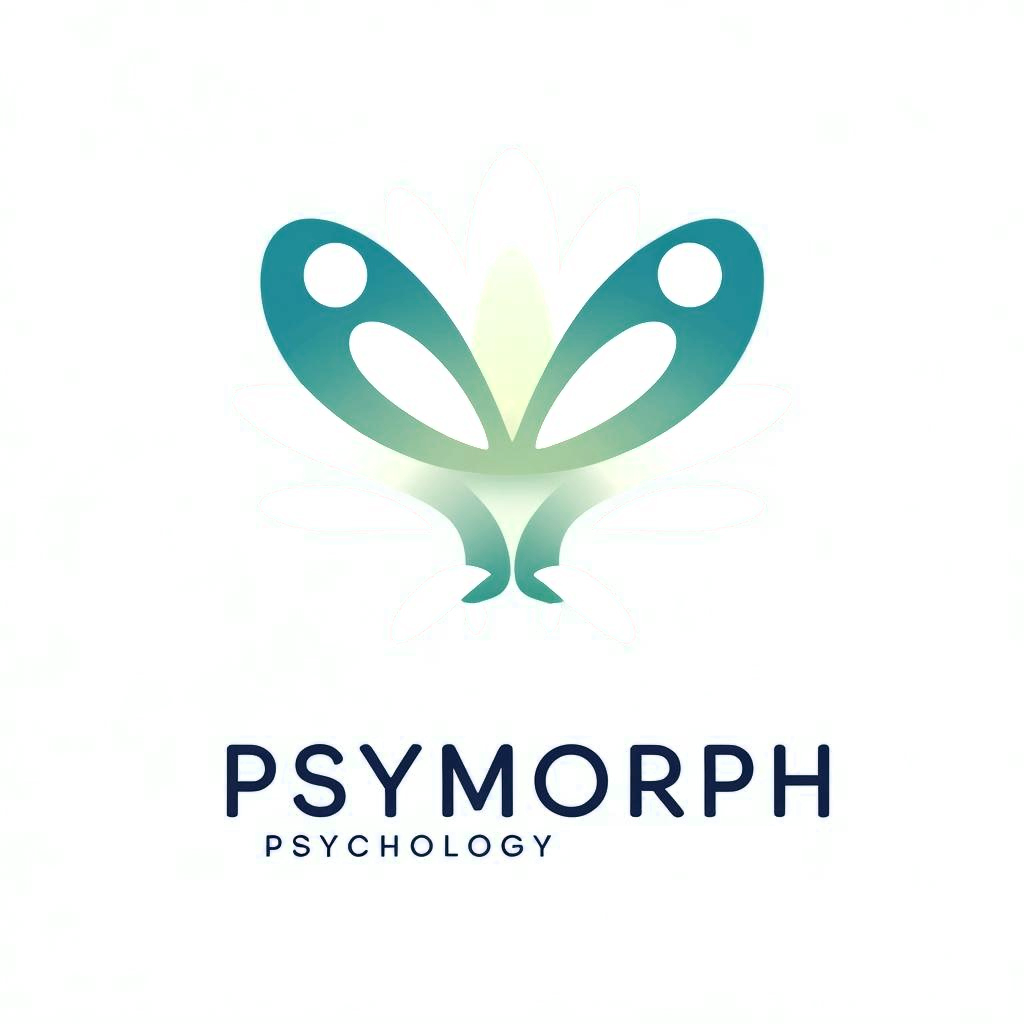Sleep, Stress, and the Brain: Why Rest Matters for Memory and Mental Health
We’ve all heard that “a good night’s sleep” is important—but what does sleep actually do for our brain? Neuroscientists have found that sleep is much more than rest; it plays a vital role in consolidating memories, processing emotions, and supporting mental health.
When we first learn something—whether it’s facts from a book or new skills on a musical instrument—those memory traces are fragile and can easily fade. Sleep strengthens them, turning them into long-term memories that we can rely on later. Research shows that the first half of the night is especially important for consolidating facts and events. By contrast, the second half of the night, when rapid eye movement (REM) sleep is dominant, is crucial for integrating skills and processing emotions.
One of the key players in this process is cortisol, the hormone most often linked to stress. Cortisol keeps us alert and ready for challenges during the day, but at night, high levels can interfere with memory consolidation. In fact, experiments where researchers infused cortisol into sleeping volunteers during the early night showed that their ability to retain factual memories was significantly impaired.
This is why people working long hours—like medical students, shift workers, or busy parents—are particularly vulnerable. Not only are they cutting short their sleep, but the stress of their demanding schedules raises cortisol levels, disrupting the brain’s natural rhythm of learning and recovery. Imagine a medical student staying up through the night in a hospital—sleep-deprived and stressed. Their brain is not only missing out on essential memory consolidation but is also flooded with cortisol, further impairing their ability to retain what they learn.
The second half of the night brings a shift. REM sleep is marked by vivid dreams and a rise in cortisol. Interestingly, this rise may actually serve a protective function. Researchers suggest that while cortisol disrupts memory consolidation early in the night, it may help soften emotional memories later on, making them less intense and more manageable. This is one reason most of us wake up with difficult emotions feeling more balanced than we did the day before.
Unfortunately, people with post-traumatic stress disorder (PTSD) often miss out on this natural “softening” process. Their cortisol levels do not rise in the second half of the night as they do for most people. As a result, traumatic memories remain raw and intrusive, leading to distressing re-experiences of past events. This highlights not only the complex relationship between sleep and stress but also how disrupted sleep can perpetuate mental health difficulties.
The takeaway is clear: sleep is not simply a luxury—it’s a biological necessity for memory, emotional resilience, and overall mental health. Prioritizing healthy sleep habits can help protect against the negative effects of stress and support learning and wellbeing in the long run.
Reference:
Barnard, N. (2013). Power Foods for the Brain. New York: Grand Central Life & Style.

